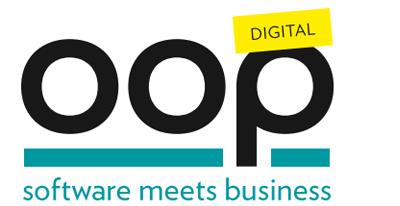
SOFTWARE MEETS BUSINESS:
Die Konferenz für Software-Architektur
08. - 12. Februar 2021, Online-Konferenz

SOFTWARE MEETS BUSINESS:
Die Konferenz für Software-Architektur
08. - 12. Februar 2021, Online-Konferenz

Freuen Sie sich auch 2021 wieder auf einen Blick über den Tellerrand mit unseren spannenden Keynotes! Die ersten sind bereits bestätigt:
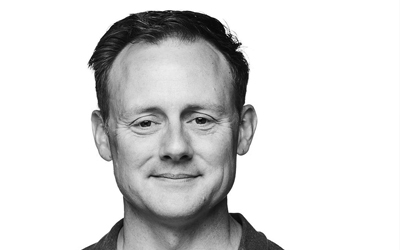
What’s Past is Prologue: a Story of Event-Driven Architecture
Tim Berglund, Senior Director of Developer Experience at Confluent Inc
The growth of Kafka inside an organization sometimes follows the development of the broader Kafka ecosystem over its lifetime. The initial use case may be something conceptually simple, like mainframe offload or point-to-point integration, evoking the simple Large Pipe architectures of Kafka’s infancy. Then those newly populated streams of events present themselves as fertile grounds for real-time analytics, as stream processing applications grow up around them to perform analysis event-by-event, leaving behind legacy ETL processes and their long batch times. Finally, a rich set of event streams gradually comes to describe more and more of the evolving state of the business, forming the substrate on which an ecosystem of event-driven microservices can thrive.
This growth in architectural sophistication of an organization’s Kafka usage mirrors the development of those same concepts in the Kafka community over the past decade. In many cases, the process can be played forward at an accelerated rate as leaders draw on lessons learned and concepts developed by the community.
This talk traces this development, ending with a comprehensive vision of an event-driven architecture suitable for the next generation of information technology deployments. You’ll leave knowing where you need to go and how this new architectural paradigm will help you get there.
Tim is a teacher, author, and technology leader with Confluent, where he serves as the Senior Director of Developer Experience. He can frequently be found at speaking at conferences in the United States and all over the world. He is the co-presenter of various O’Reilly training videos on topics ranging from Git to Distributed Systems, and is the author of Gradle Beyond the Basics. He tweets as @tlberglund, blogs very occasionally at timberglund.com, and lives in Littleton, CO, USA with the wife of his youth and their youngest child, the other two having mostly grown up.
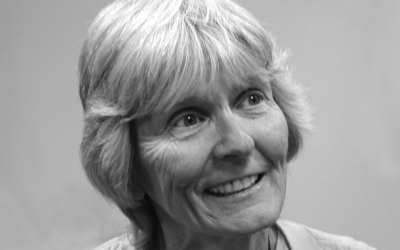
How To Talk To The Elephant
Linda Rising
In speaking about better ways of thinking and problem-solving, Linda has introduced Jonathan Haidt's model for the brain. He proposes that the rational, conscious mind is like the rider of an elephant (the emotional, unconscious mind) who directs the animal to follow a path. In Fearless Change, the pattern Easier Path recommends making life easier to encourage reluctant individuals to adopt a new idea. Linda suggests that in conversations with others who see the world differently, we "talk to the elephant" instead of the "rider." That is, don't use logic or facts, but appeal to the emotional brain of the resistor as well as making the path more attractive. There is always the question: What's the best way to talk to the elephant?
This presentation will provide some answers. Listeners will learn the best elephant-speak based on the latest research in cognitive neuroscience and also hear suggestions for providing an Easier Path.
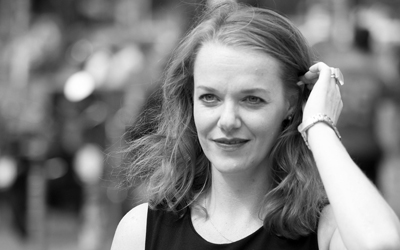
A Sustainable Internet. Missing Pieces To A Healthy Future
Cathleen Berger, Sustainability Steward at Mozilla
Sustainability is often defined as the interconnection of three elements: social connection, economic wellbeing, and a healthy environment. The recent corona pandemic has yet again highlighted the potential as well as the necessity of a fundamental technology: the internet. The internet has become the lifeline for social connection in times of physical distancing. It is also the primary means by which to still conduct business for those of us that are not on the essential frontlines, in terms of working remotely, providing online services, and monetization, hence being a critical vehicle to safeguard some economic wellbeing.
However, to be sustainable, the internet also needs to assess, mitigate, and live up to its responsibilities for a healthy environment – an element of the equation that is too often neglected. What is the internet’s environmental impact and what would it take for it to be sustainable?
Cathleen Berger is a political scientist by training. She has built her career on combining her expertise and training with her curiosity for technological developments, notably with a view to cultural differences in a globalised, networked world. As of March 2020, Cathleen became Mozilla’s first Sustainability Steward, leading the organisation’s journey towards environmental sustainability. Prior to that, Cathleen headed up Mozilla’s work on Global Governance, developed policy strategy for the Office of the Chair, and identified emerging trends around technologies and their impact on society.
She tweets @_cberger_ and you can read more about her work on cathleenberger.com.
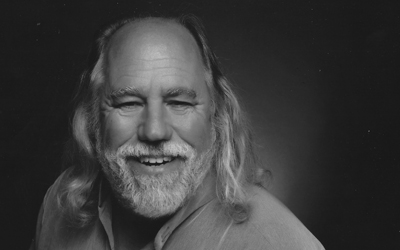
Software Architecture: The Past, The Present, and the Future
Grady Booch, Chief Scientist for Software Engineering at IBM Research
Over the history of software systems, the way we build such artifact, the way we design them, the way we express them have evolved in seemingly disruptive ways. Even today, the pendulum swings between low ceremony agile methods to more rigid waterfall-ish ones; from big balls of mud to microservices and then back to big balls of microservices. In this talk, we'll examine the past, the present, and the future of software architecture: the role it plays in sofware systems, and the timeless fundamentals that remain across the fullness of time.
Grady Booch is Chief Scientist for Software Engineering at IBM Research where he leads IBM’s research and development for embodied cognition. Having originated the term and the practice of object-oriented design, he is best known for his work in advancing the fields of software engineering and software architecture. A co-author of the Unified Modeling Language (UML), a founding member of the Agile Alliance, and a founding member of the Hillside Group, Grady has published six books and several hundred technical articles, including an ongoing column for IEEE Software.
Grady was also a trustee for the Computer History Museum. He is an IBM Fellow, an ACM and IEEE Fellow, has been awarded the Lovelace Medal and has given the Turing Lecture for the BCS, and was recently named an IEEE Computer Pioneer. He is currently developing a major trans-media documentary for public broadcast on the intersection of computing and the human experience.